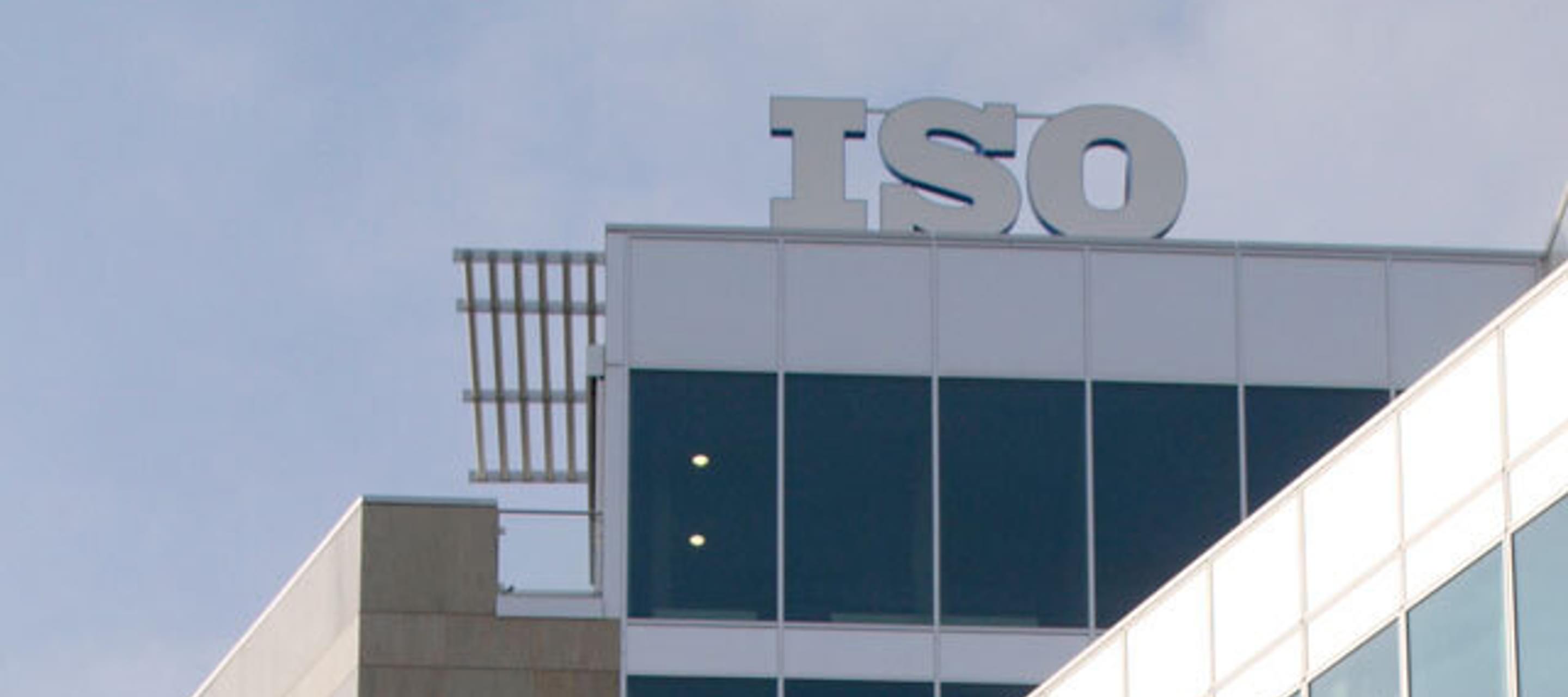ISO 26000 - A New Standard for Human Rights?
23 March 2010

ISO 26000 will be a standard for social responsibility produced by the International Standards Organisation (ISO). In the last few weeks a vote was taken by the national standards bodies that compose ISO’s membership. It was closely fought - but despite controversies and pressures, the outcome was that the draft standard should proceed to the last stage before becoming an official ISO standard probably later in 2010.
The standard will directly address human rights amongst other issues, including corruption, fair competition and consumer concerns. Historically ISO has mainly produced standards on far more technical and mundane matters, such as quality control (ISO 9000). By facilitating those areas in which there is little competition and more to be gained by so-operation, ISO standards have achieved widespread use and considerable respect from industry. Social responsibility was therefore a departure for ISO when first suggested in 2002.
Since then it has been developed with the help of a very large working group, drawn from about 80 countries including many in the South. A number of international organisations such as Consumers International and the International Organisation of Employers are also members of the working group in their own right. I have been involved, representing NGOs, since 2003.
Overall, membership of the working group is deliberately structured to give voice to representatives from industry, labour, NGOs, consumer groups, and government. To ensure the consistency of ISO 26000 with other conventions and guidelines, ISO has also entered special agreements with the ILO, the Global Compact and the OECD.
A few words on what it is not: the standard is not intended for companies alone, but for all types of organisations. From a human rights perspective one important implication is that this means it is designed to be applicable to governments - although the standard is not intended to ‘alter or in any way change the obligations of the state’. It is also not a standard against which a company might be certified. It is intended for guidance only.
ISO 26000 directly addresses human rights on many points. It contains principles for the respect of the rule of law, for international norms of behaviour and for human rights.
Two of the main areas of guidance concern labour practices and human rights. It discusses issues of complicity, discrimination, the position of vulnerable groups, and civil and political rights as well as economic, social and cultural rights. For all such issues it discusses the expectations of organisations in confronting them.
The human rights sections have also been written consistently with the Ruggie framework for human rights and the due diligence-based approach for companies which that recommends.
However the development of the standard, as may be expected of any initiative with such ambition, has not been without controversy. For example while all parties, including companies, have accepted the appropriateness of the Ruggie framework for human rights issues for companies there have been protests, particularly from NGOs, at the idea of extending that approach outside the sphere of human rights, where more demanding approaches may be available. For example the environmental section of the standard not only addresses the precautionary approach and environmental risk management, but is also concerned with the promotion of substantive performance, directly applicable to companies, in the areas of sustainable procurement, the adoption of environmentally sound technologies and control of climate change impacts amongst others. The standard also makes use of the concept of ‘sphere of influence’ (which the Ruggie framework finds problematic) since it is both intuitive and productive in areas of responsibility that are not addressed in law.
From the beginning most of the large international NGOs have been wary of the project. WWF International and Amnesty International (UK) have both been involved at various stages, but both have withdrawn. Relatively few large NGOs remain involved. More recently, discussions within the working group meetings have reflected global politics directly. One difficult issue has been the possible impact on trade and the relationship of the standard to the WTO. The USA has argued strongly that the standard should not enjoy the same exemption from forming a technical barrier to trade that can be granted to other ISO standards. The fear seems to be that since its scope is so wide, it could be used by governments to pose serious obstacles to trade. In this they are supported by India, which fears that their economy could be hampered by having to meet standards, particularly relating to labour conditions, that they cannot currently meet in some areas.
The Chinese are also very concerned at the permeation by the standard of a human rights perspective. Their particular unease stems from the impact of human rights conventions and instruments on their national sovereignty. As a result, in recent rounds of voting on the standard they have sought to influence other countries to vote against its progression to a full standard through political channels.
So ISO 26000 is being, and should be, taken seriously. Whatever its shortcomings it is a powerful statement of the moral and practical issues facing companies and other organisations. Outside the West, where many companies are feted with numerous standards, initiatives and the lure of ‘CSR’, ISO 26000 will be influential. It will be the main port of call for many companies in the South seeking to address their wider responsibilities, perhaps for the first time.



